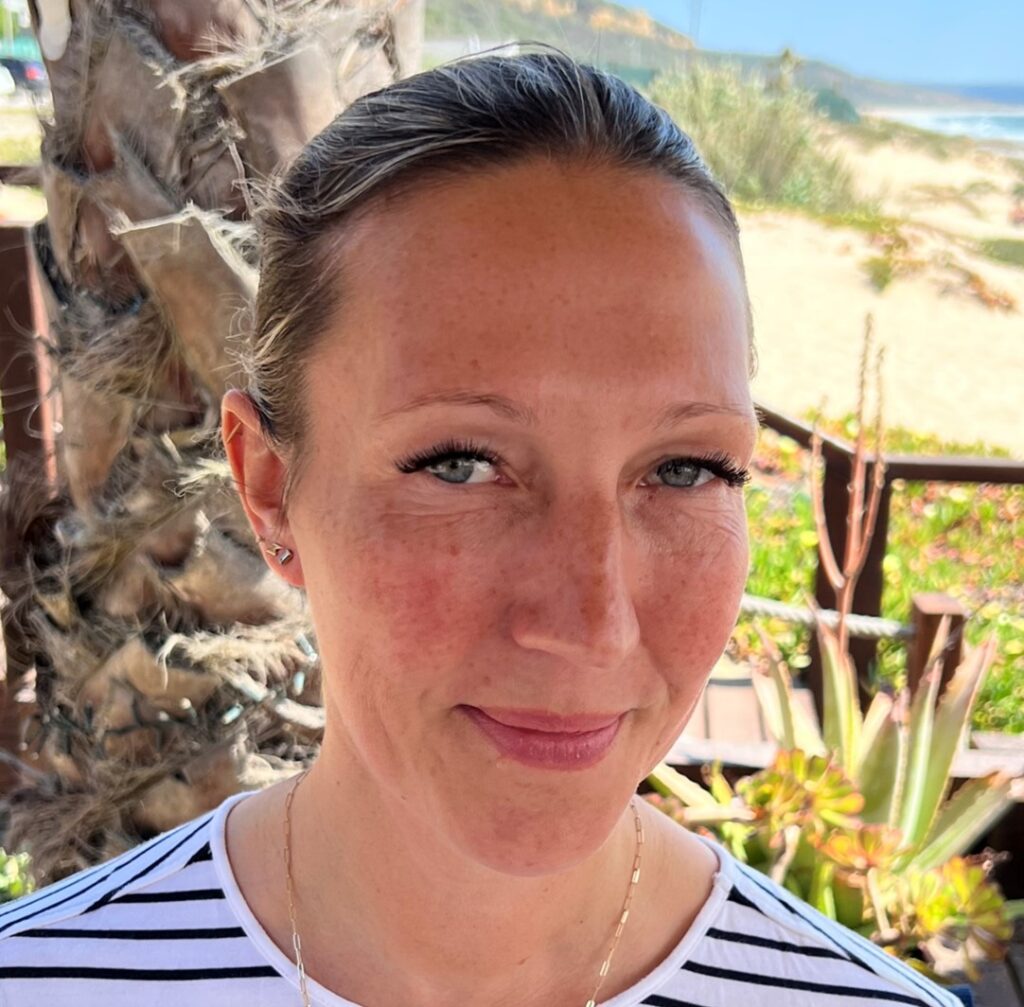Working from home, on the challenges of alcohol detox
Call it a realisation, perhaps an epiphany or even a flash of insight. Whatever words you choose, it happened for Pia Clinton-Tarestad and her life has not been the same since. Pia has more than two decades of experience in healthcare economics and was working in a big role with a global consulting firm when the moment arrived: she realised she had a problem with alcohol. As she remembers it, Pia was faced with that question thousands of others have tried to answer: what’s the reason for reducing – or even, giving up – drinking?
Now, she knows. And what helped her get that understanding is a program that is now available to many Australians, and thanks to the Snow Foundation, potentially thousands more.
Pia is an advocate for the Clean Slate Clinic, of which she is the CEO. The Clinic is a telehealth program that helps Australians detox from alcohol in the safety of their own home. It was the route Pia took to get her to where she is now.
Her empathy for thousands of Australians who are dealing with the situation she knows so well is palpable: and Pia knows just how extensive the issue has become as a consequence of the COVID-19 pandemic, which saw many Australians turn to alcohol during lockdowns.

The data is compelling – 5.2 million Australians are consuming alcohol at a risky level and 10 per cent of all Australians who drink would meet the criteria for alcohol dependence. The dollar cost is also startling – Australians spend $15 billion a year on alcohol and that figure is growing. And the estimated cost to the economy, through ill health, health service costs, injuries and lost productivity is almost $67 billion a year.
Clean Slate Clinic is designed to respond to some of the behaviour that flows from that data. Pia is one of three people behind the organisation – Dr Chris Davis, a GP who pioneered the home detox program in the UK; Chris Raine, founder and former CEO of Hello Sunday Morning, a not-for-profit with the goal of changing Australians’ relationship with alcohol for the better, and Pia.
Pia and Clean Slate are one of eight recipients of the Snow Foundation’s inaugural fellowships for social entrepreneurs. The organisations will share more than $1 million with accompanying mentoring and support for 12 months, plus tailored advisory support co-ordinated by the Social Impact Hub.
There is also a strong thread of lived experience among the fellowship recipients. As Snow Foundation CEO Georgina Byron AM said: “Many [recipients] are motivated through their own adversity and hardship, to develop initiatives that help address the very issues they have lived within their own lives. They know what works.’’
And that’s where Pia’s experience – both of the professional and lived kind – came in. She knew Chris Davis and his work and understood the difficulties for GPs in delivering the detox approach – it is often a complex situation, and usually demands sustained engagement between doctor and patient. That’s why the telehealth model of home detoxing has so much going for it.
At the moment, there is an even split between those patients who self-refer themselves to the program and those who are referred by their GP. Ideally, the detoxing should be followed by at least three months of abstinence from alcohol, to reset the neural pathways, as Pia described it.
The first step in treatment is an assessment of the patient being safe to detox from home (the figure is about 85 per cent who are considered safe). That’s followed by lengthy telehealth consultations with a doctor during the first two weeks, and nurses’ appointments to prepare for a detox. Patients are then sent a “care package’’, which includes a pocket breathalyzer. There is support available to counter some of the side-effects of detoxing, including pharmacy-controlled daily access to a mild drug.
Pia said there was already some detailed data that showed promising results. “Overall, we’re delighted,’’ she said. “Our relapse rate is at 10 per cent after three months, and that’s significantly better than the average.’’ The goal is to have 10,000 Australians go through the program and detox successfully in the next five years. There is also hope for an app and plans to improve the user functionality of Clean Slate’s platform. The Snow Foundation support will enable Clean Slate to push further into NSW and the ACT, to help expand access to the program.
For Pia, the consequence of undertaking her own alcohol detox has been profound.
“I’m close to abstinence now,’’ she said. “I might have an occasional drink with a meal when I’m out with others but that’s about it. The big lesson for me was that when I was drinking, I saw giving up alcohol as something to lose but I realized you gain so much more than you lose. I know that I’ve got too much to lose now.’’
The eight recipients of the Snow Fellowships for Social Change are:
- Australian Spatial Analytics | Geoffrey Smith (NSW/ACT) Training and employment of people with autism in high-end data jobs
- Clean Slate Clinic | Pia Clinton-Tarestad (NSW) Telehealth alcohol rehab program in your own home
- Confit Pathways | Joe Kwon (NSW) Lived experience mentoring and fitness for young people in juvenile justice with a focus on reducing recidivism
- Kindship | Summer Petrosius (SA) Social networking and peer-support platform for parents of children with a disability
- More Good Days | Neala Fulia (VIC) Online program using neuroscience and psychology to manage chronic pain
- Perform | Loki Ball (NSW) Affordable data tools and analytics to increase the effectiveness of for-purpose organisations
- Ripple | Skye Riggs (SA) Meaningful careers and civic engagement for young people
- The Warrior Woman Foundation | Jessica Brown (NSW) Mentoring for young women leaving out-of-home care